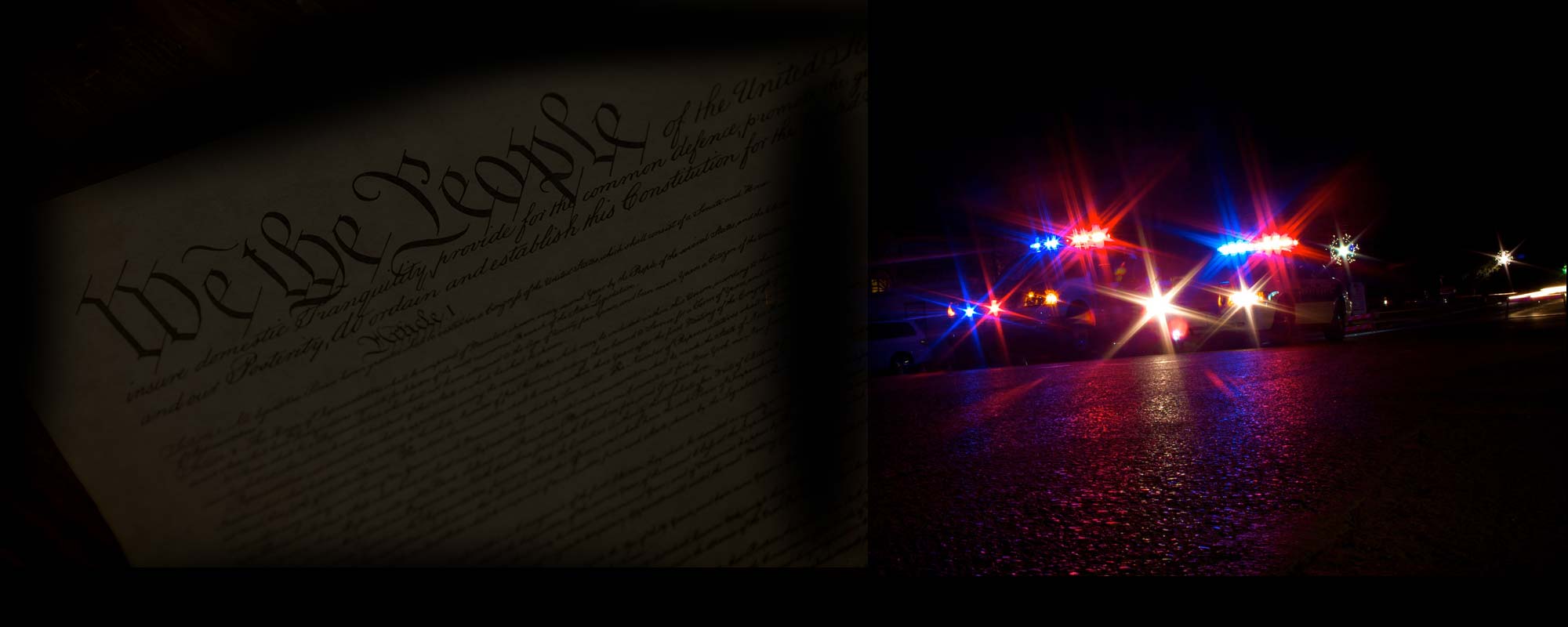The New York Times reported, on August 2, 2016, the resignation, effective next month of New York Police Commissioner Bill Bratton, ending his public career in law enforcement of forty five years. Speaking in what sounded like a farewell address, Bratton said, “the issues that we are facing now are going to require years to resolve”, a subconscious acknowledgement of the damage this super cop did to our society.
It’s statements like that which cause, and which should cause, a feeling of optimism that Mr. Bratton will no longer be in police work. That optimism is felt because a more progressive attitude about the pace of needed change will probably result in improvement sooner, rather than later, in one subject that is particularly pressing, and one in which Mr. Bratton’s comments to a meeting of police officials back in May 2016 drew a response from my poison pen. Those comments were about the video recording of the public work of police officers. Bratton’s comments clearly show the need for his departure. I repeat here what I said then:
The New York Daily News reported on Wednesday, May 25, 2016, that New York police Commissioner Bill Bratton said that it is the “epidemic” of amateur photographers armed with cell phones – and not the aggressive action of the city’s cops, that escalates clashes between police and the public, going on to complain about “mobs” armed with cell phones.
What planet did he just arrive from? Just about the only “phenomenon”, as he called it, that keeps some semblance of honesty in the police is the video recording of their often outrageous treatment of ordinary citizens far out of proportion to the conduct being policed. The camera never lies; people do.
Bratton need only look at a few of these videos and then read officers’ written accounts of, or hear them testify to, the same transactions. If he has any objectivity at all, he will then see the disturbingly, often shockingly wide disparity in what the video shows and what the cop says it shows. He needs to spend more time at the courthouse and then rationally respond to what goes on routinely on America’s streets.
That rational response is more, not less, video recording of police officers on the job. The “epidemic” of recording police/citizens interaction should be become universal nationwide. Are his men and women in blue that poorly disciplined and trained so as to be distracted by a bystander’s cell phone, or their conduct so improper that they can’t stand being caught lying with the truth the camera always tells? Perhaps his oft repeated claim that his department is a cut above the rest should be re-assessed if all it takes is only a bystander with a cell phone to constitute a distraction. Shame on Commissioner Bratton.
Unlike Mr. Bratton, I have seen almost daily in Court, for years, and written in “A Toast to Silence” about the disparity between what the camera shows of a police encounter, and what the officer writes and says happened during that same encounter; a phenomenon about which our super cop is either in denial or can’t grasp.
In addition to his quite memorable comments about video recordings of his officers at work, this is the guy who gave us the “broken window” theory of policing — increasing penalties for non-violent offenses decreases crime overall — the statistics are all that matters. The big “accomplishment” here is the largest prison population in the world here in the U.S., as many police departments across the country followed Bratton’s New York model.
His list of accomplishments goes on and includes militarization of the police, and the concept of “predictive policing”, better described as, and “police speak” for, profiling, along with database mapping of crime which, in turn rationalized widespread “stop and frisk”, which were in fact mostly warrantless searches, in the minority communities “mapped”. If the public wants to understand why today, interactions with the police are more negative, and hostile, we need look no further than the philosophy, policies and practices that were Bratton’s brainchildren. They were not solutions; they have been and are the problem. The sides of his patrol cars say “protect and serve” the public. The reality is he armed his officers like soldiers and they, under his proud watchful eye and boastful tenure, went to war on the “mobs” and the Constitution. When you hand out hammers to cops, everyone else looks like a nail.
To reduce the “years to resolve” what Mr. Bratton has visited upon society in the pursuit of good statistics, a good beginning toward reform would be the dismantling of the Frankenstein monsters he created; militarization, mapping, and profiling, police speak for war on minority communities and the code words for not having real evidence. With Mr. Bratton out of the picture, that necessary reform will come sooner rather than later, and certainly won’t take “years to resolve”. If we take Mr. Bratton down from the pedestal on which he was misplaced, and recognize the great social damage he has wrought, the needed reform will promptly follow.
Let’s hear a collective sigh of relief as we say “Bye bye, Wild Bill”.






